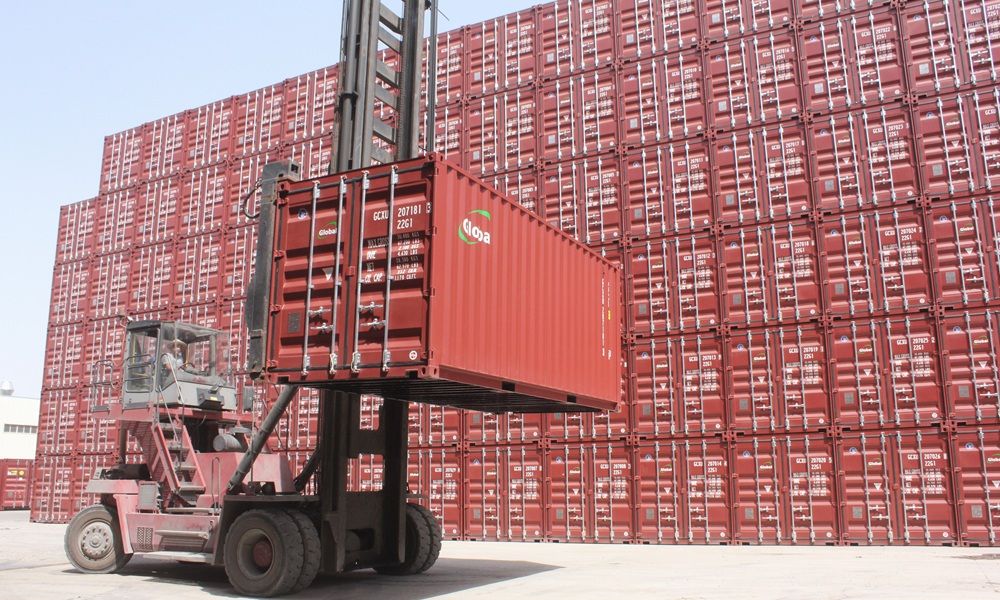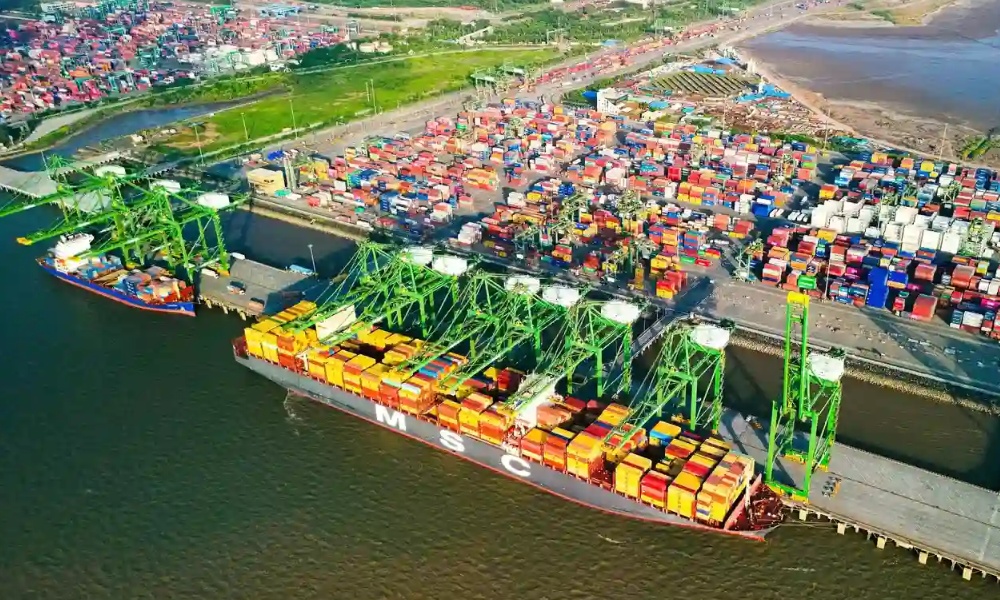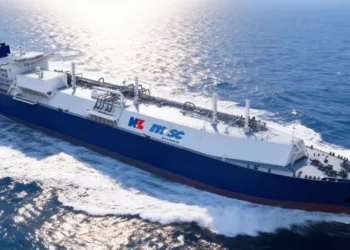Data2Logistics is merging with Loop to solve one of the most persistent problems in supply chain data management: fractured, messy, and largely inaccessible data.
For years, supply chains have been weighed down by what co-founder Shaoshu Liu calls “dark data.” Freight transactions are often buried in spreadsheets saved locally, invoices riddled with reconciliation errors, and regulatory records stored in case of audits but rarely touched.
At the intersection of financial and operational data, organizations often struggle to allocate costs, track exceptions, and maintain accurate visibility. It is a system few want to handle, and yet it is the foundation on which billions of dollars in supply chain value sit locked away.
Loop’s mission has been clear since its inception. Liu, saw firsthand how disconnected data was costing the industry both time and money. With his co-founder Matt McKinney, Loop set out to build an AI-first platform that could take supply chain information from its rawest forms, PDFs, EDI files, or other legacy formats, and turn it into structured, usable intelligence.
The result was DUX, the first large language model designed specifically for the supply chain, capable of mapping and reconciling data across all formats with remarkable accuracy.
“An invoice is capital on paper,” McKinney explains in an interview with FreightWaves. “If you take the friction out of the transaction, you’re unlocking that capital. That means faster payment cycles, fewer drivers forced to factor invoices, and a real reduction in both the time cost of capital and the human cost of processing.”
This efficiency is more than theoretical. While much of the industry still touches every invoice, often spending days or weeks chasing down exceptions, Loop reduces that number to less than one percent, and processes in hours what others require weeks to complete.
The merger with Data2Logistics, one of the oldest providers in the freight audit and payment space, with decades of global expertise and a reputation for service. “Pairing their domain expertise with our AI platform creates something the industry has never had before, world-class technology with world-class service,” McKinney says.
This merger promises more than just better tools. It is about scaling Loop’s AI foundation on top of Data2Logistics’ depth of knowledge and trusted customer relationships. Customers won’t see disruption; teams and workflows remain intact, but they will feel the benefits. Implementation times are already measured in weeks, sometimes as fast as 31 days, depending on the modules. And with Loop’s flexible architecture, rules can be adapted in real time to meet the evolving needs of shippers.
The partnership also answers a growing demand from enterprise customers: visibility beyond the TMS.
A transportation management system may show what a shipper expects to happen, but payment data reflects what actually occurred. With Loop’s language model, companies gain not just reconciliation but insight into the true cost of their supply chains. This intelligence, delivered in natural language and dynamic code, is fueling transformations in back offices long plagued by PDFs, paper, and manual processes.
McKinney sums it up simply: “If you solve the data problem, you solve the most important problem in the supply chain. You don’t just see part of the cost. You see the full picture.”
The post Loop and Data2Logistics merge to unlock profit in the supply chain appeared first on FreightWaves.



















